 By Ha Yoo-Mi, Lee International
By Ha Yoo-Mi, Lee International
Since its introduction on July 1, 2002, the Product Liability Act has been enforced for the purpose of holding manufacturers, etc, liable for any damages caused to life, body or property resulting from defects of their products, according to the principle of absolute liability. However, there had been continuous criticism by some people that the law still had a long way to go to enable victims to receive fair compensation for the damages they suffered from product defects. In response to that criticism, the Act has been partially amended to increase the responsibility of manufacturers and suppliers, while easing the burden of proof required of plaintiffs. The amended Act has been in effect since April 19, 2018.
While the previous Act compensated for actual damages that occurred and that could be proved, the amended Act has newly introduced a “punitive compensation system for damages”. These punitive damages will apply (i) if a manufacturer causes death or serious bodily injury to a person, (ii) as a result of not taking necessary measures against a defect in a product despite the manufacturer’s knowledge of such defect. In such case (iii) the manufacturer shall be liable for up to three times the damage sustained by the person. Provided, however, that the above provision does not apply to suppliers; it relates only to intentional and unlawful acts by manufacturers.
The previous version of the Act did not have any provisions for easing the burden of proof for victims. In order to have a product manufacturer found liable for a defect, the plaintiff had to prove all of the related factors establishing the claim. These included the defect of the product; the details of the damage suffered; and the causal relationship between the defect and the damage. In contrast, the amended Act contains a provision based on some existing case precedent which holds that if a plaintiff proves three types of facts: (i) that the plaintiff suffered damage at a time when the product in question was used in its normal operation; (ii) the damage that occurred relates to an aspect of the product that was practically controlled by the manufacturer; and (iii) such damage usually does not occur without a defect of the product in question, then it shall be presumed that the product had a defect and the damages were caused by such product defect. At that point manufacturers will have the burden of proving that there was no defect that caused the plaintiff’s damages.
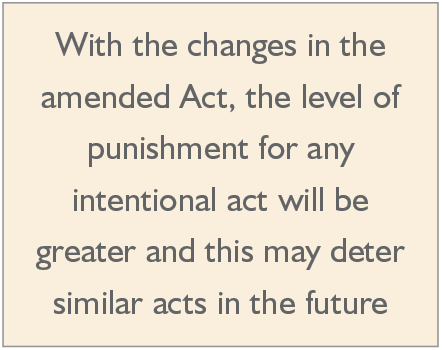 In addition, under the previous Act, for the plaintiff to hold a supplier liable for damages when the related manufacturer was not known, such plaintiff had to directly prove the fact that “the supplier knew or should know the identity of the manufacturer in question”. To alleviate that burden, the amended Act specifies an obligation by the supplier to inform the plaintiff of information on the manufacturer in that situation, expanding the scope of responsibility of suppliers. Therefore, the plaintiff can now hold the supplier liable for damages caused by a defect of the product by proving the fact that he or she has made a request to the supplier to provide that information about on the manufacturer, etc, and the supplier failed to inform him or her of such information despite the request. However, in such cases the scope of liability for damages against the supplier will be limited to actual damages incurred. The punitive compensation system for damages introduced in the amendment will not be applied to suppliers.
In addition, under the previous Act, for the plaintiff to hold a supplier liable for damages when the related manufacturer was not known, such plaintiff had to directly prove the fact that “the supplier knew or should know the identity of the manufacturer in question”. To alleviate that burden, the amended Act specifies an obligation by the supplier to inform the plaintiff of information on the manufacturer in that situation, expanding the scope of responsibility of suppliers. Therefore, the plaintiff can now hold the supplier liable for damages caused by a defect of the product by proving the fact that he or she has made a request to the supplier to provide that information about on the manufacturer, etc, and the supplier failed to inform him or her of such information despite the request. However, in such cases the scope of liability for damages against the supplier will be limited to actual damages incurred. The punitive compensation system for damages introduced in the amendment will not be applied to suppliers.
Prior to the amended Act, there had been continuous criticisms of the previous version of the Act because the amount of compensation determined under prior court decisions was stated as not being sufficient to fully compensate victims of defective products. Furthermore, people complained that when intentional acts of wrongdoing occurred which caused small amounts of damage to many customers, the profits gained by the manufacturer from such illegal acts could be massive while the damages suffered by individual customers could be small. This created a disincentive for customers to seek redress, but a great incentive for some manufacturers to continue acting maliciously. However, with the changes in the amended Act, including the introduction of punitive damages, the level of punishment for any intentional act will be greater and this may deter similar acts in the future. It may also allow plaintiffs to receive more adequate compensation.
Also, given the eased burden of proof by plaintiffs under the amended Act, plaintiffs’ difficulties in proving their case will now be ameliorated in product liability cases where technical features of products are typically at issue. Consequently, the number of product liability cases and the amount of compensation awarded in those cases in the future are expected to increase significantly. Manufacturers and suppliers should anticipate this by taking appropriate actions now to prepare for the new wave of suits that are likely to occur.

T: 82 2 2262 6288
F: 82 2 2279 5020
Recent examples of consent decrees in Korea and their implications



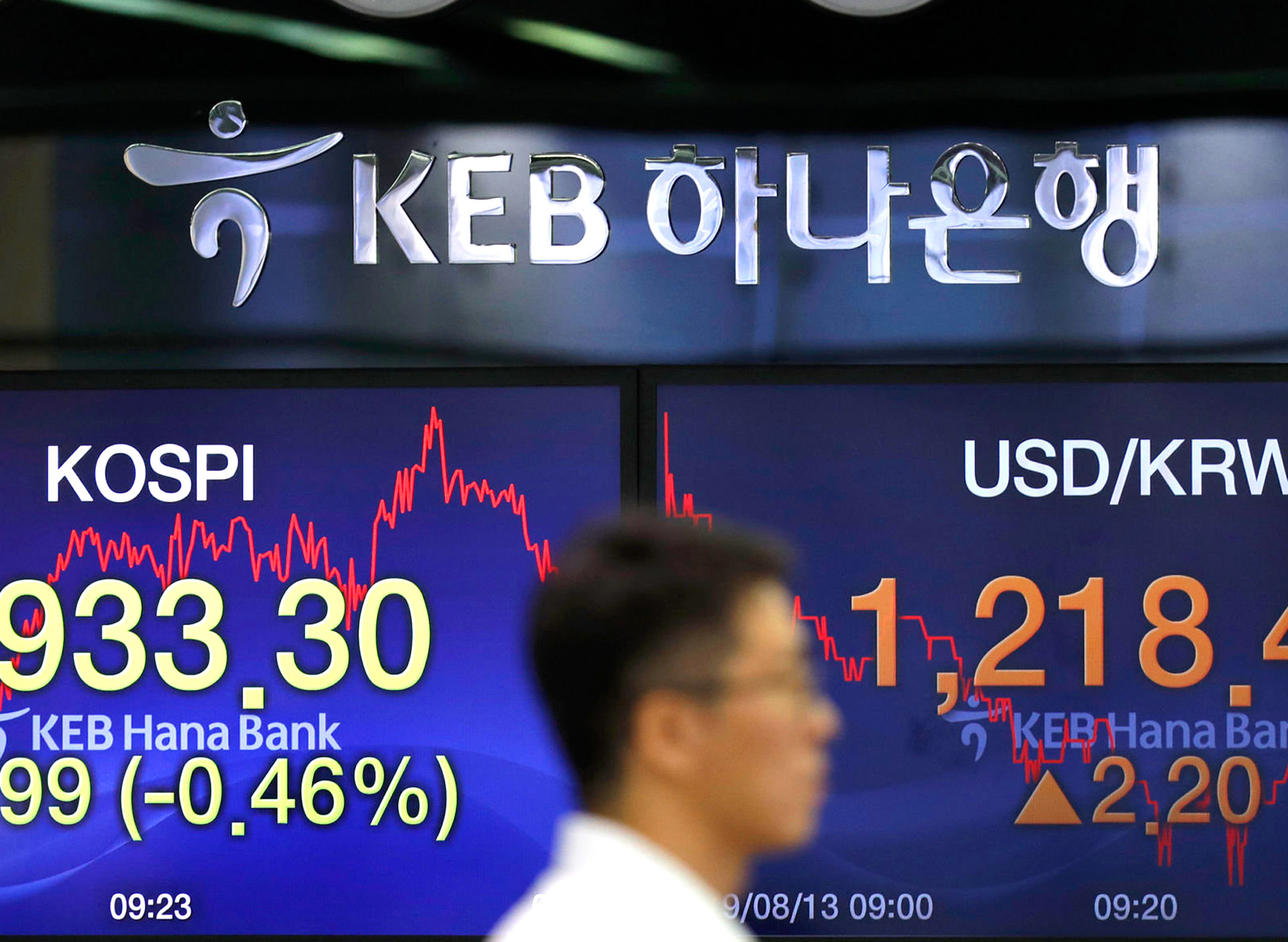


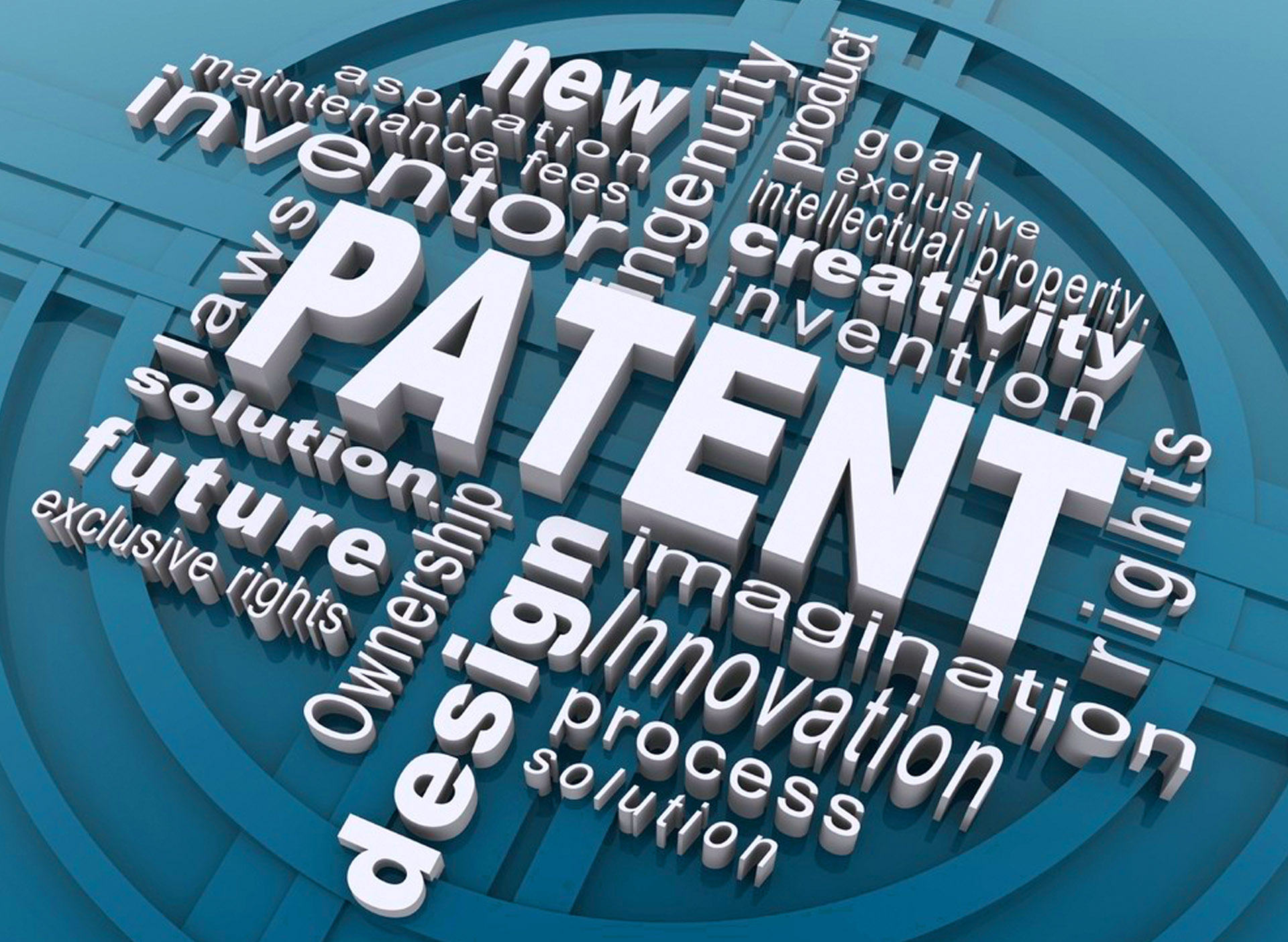

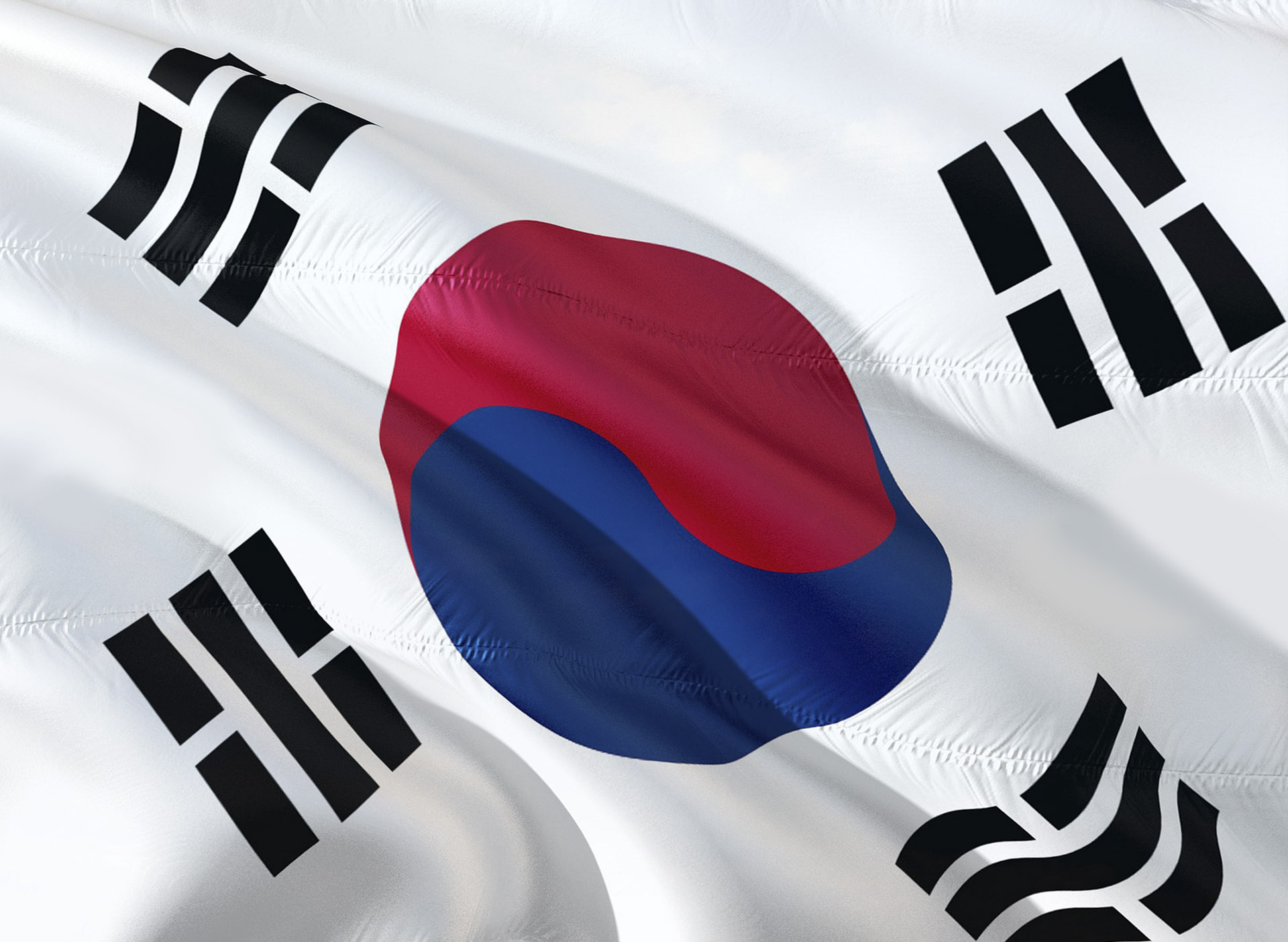


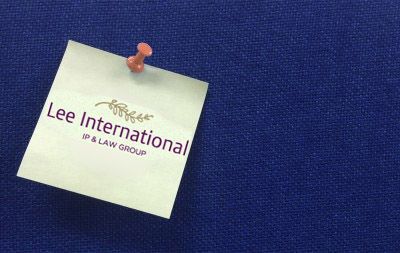













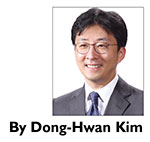



















 Nicholas H. Park
Nicholas H. Park




